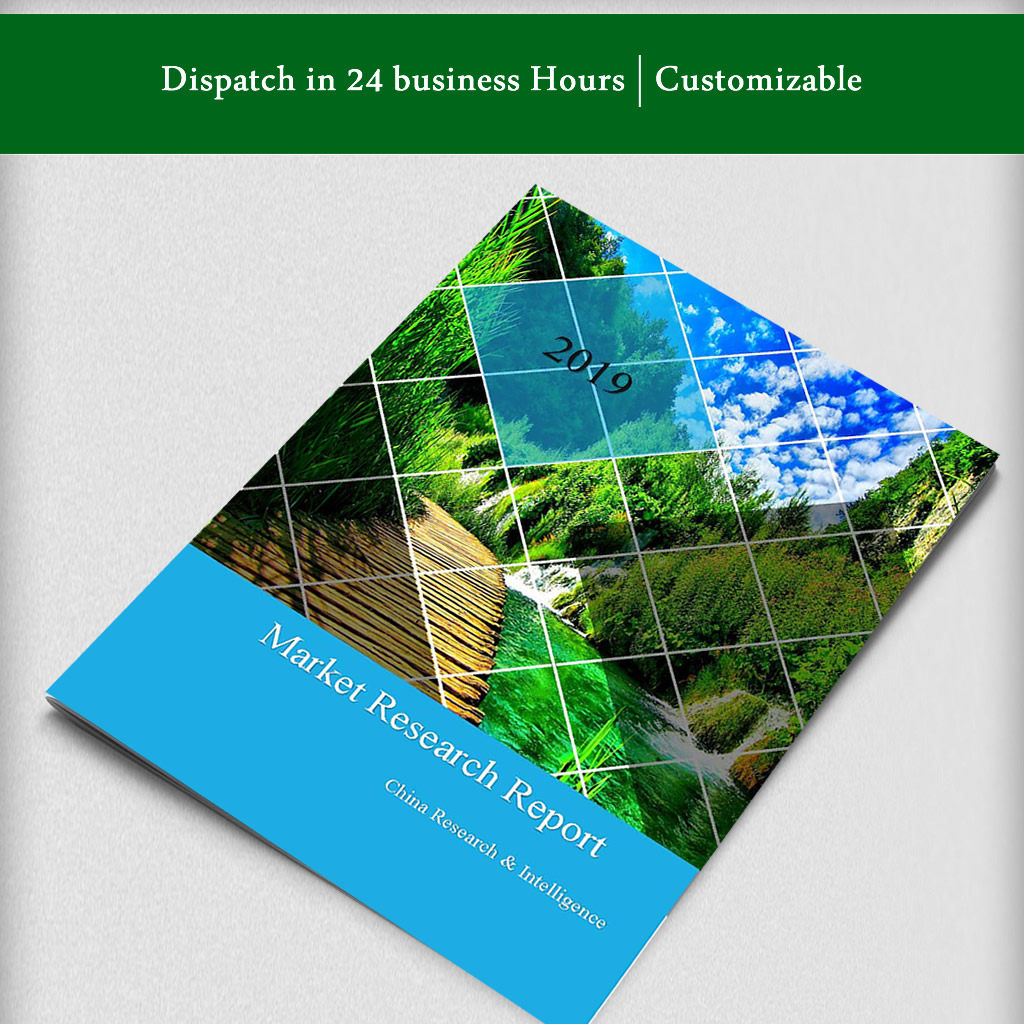Description
Description
Since China joined the WTO, demand for metallic materials in China has been rising with the economic development. In addition, China also imports a large quantity of scrap metal every year. In 2017, China’s scrap metal imports reached 8.07 million tons, or USD 13,244 million in value. China has been the world’s largest importer of scrap metals for many years in a row.
The import of scrap non-ferrous metals can cut raw material costs, save natural resources, and reduce cultivated land occupation and pollutant emissions (including solid waste and greenhouse gas emissions) caused by mining. For example, copper concentrate has an average grade of 28% to 30%, and contains 70% unrecyclable solid waste. While copper scrap contains less than 2% unrecyclable solid waste, and can also provide recyclable steel scrap and waste plastics. Obviously, importing scrap metal saves more resources and is more environmentally friendly than exploiting copper mines or importing copper concentrate.
In China, scrap metal imports include restricted scrap imports represented by stainless steel scrap, tungsten scrap and magnesium scrap as well as non-restricted ones represented by gold scrap, platinum scrap and nickel scrap. Besides, scrap hardware, electrical products, motors and wires that contain steel scrap, copper scrap and aluminum scrap are also subject to import restriction. China has the strictest supervision system and measures on scrap metal import in the world. Both foreign suppliers and domestic consignees need to be certified. And all the scrap metal imports will be inspected and classified upon arrival, with the allowed unrecyclable solid waste no more than 2%. Meanwhile, with the rising costs of labor, land, energy resources and other production factors, China is losing the comparative advantages of importing non-ferrous metals.
According to CRI, China’s scrap metal imports are dominated by copper scrap, steel scrap and aluminum scrap. In 2017, the imported copper scrap in China reached about 3.56 million tons while the recycled copper scrap amounted to only about 2 million tons, representing 64% reliance on copper scrap imports; the imported steel scrap reached about 2.32 million tons while the recycled steel scrap exceeded 100 million tons, representing less than 2% reliance on steel scrap imports; the imported aluminum scrap reached about 2.17 million tons, and the recycled aluminum scrap amounted to about 5 million tons, representing about 30.3% reliance on aluminum scrap imports. In 2017, the average price of imported aluminum scrap was about 1,303 USD/ton, which was only about 75% of that of domestic aluminum scrap; the average import price of copper scrap was about 2,571 USD/ton, which was only 60% of that of domestic copper scrap. Therefore, Chinese metal smelters can significantly lower their production costs by importing copper scrap and aluminum scrap.
In 2017, the U.S. directly provided 15% of China’s copper scrap imports and 28.5% of the aluminum scrap imports. Given that part of scrap metal imports from the Hong Kong actually came from the U.S., the proportions should be higher. If the Sino-U.S. trade war continues, China’s import of scrap metals, especially the import of copper scrap and aluminum scrap, will be adversely affected.
As China lacks metal mineral resources, it still needs to import a large quantity of scrap metal, especially copper scrap and aluminum scrap from 2019 to 2023. If the trade tensions between China and the U.S. subsides, the import volume of scrap metals in China will keep rising. Otherwise, it will probably see an ongoing contraction.
Topics Covered:
– Major factors influencing scrap metal import in China
– Overview of scrap metal import in China
– China’s reliance on scrap metal imports
– Major sources of China’s scrap metal imports
– Prices of domestic and imported scrap metals in China
– Prospect of scrap metal import in China from 2019 to 2023


